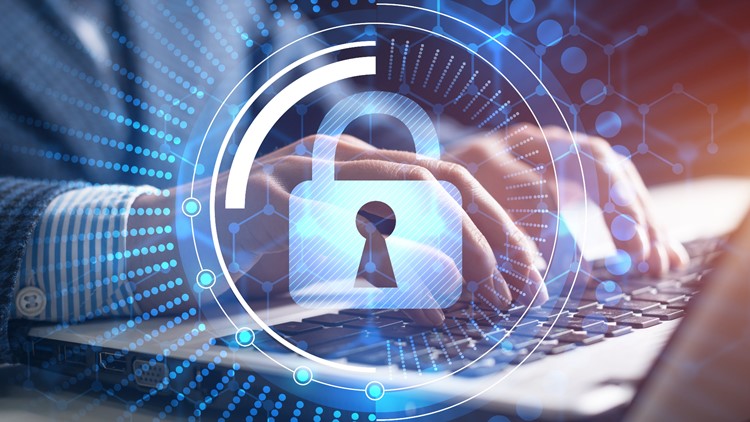ST. PETERSBURG, Fla. — A new report shows 2021 was another record-setting year for data breaches.
There were 23 percent more than in 2020, which was already an all-time high.
Ransomware and phishing attacks are expected to increase more than 20 percent this year, so what can you do to protect yourself?
As part of Data Privacy Awareness Week, ConvergeOne cyber security consultant Vito Nozza shared this sharper insight that some of the same precautions we've been taking working from home like connecting through a Virtual Private Network are also good for our personal data.
“Instead of sending your information in clear text where someone can do a man in the middle attack and look at the information that's coming through which could be your username, your password, your financial information or even your healthcare information, what a VPN does is it actually almost like encapsulates that data and it hides it from individuals who are trying to steal it from you,” Nozza said.
He points out people are still making simple mistakes like using "abc123," their pet's name or birthdate for passwords.
“Be very cognizant of what you’re using. Even your spouse’s name or your favorite soccer or football team or baseball team. We know this why? Because social media, they’ve made us a big target. Hackers go online, they look at the social media, they see, they pretend to be a friend, they know that your favorite football team let’s say is the Buccaneers. Your favorite player is Tom Brady, so he’s number 12. Maybe you put a 12 in your password, so they do a group force attack and try exfiltrate your data that way,” Nozza said.
He says the biggest threat nowadays is supply chain management and the risk that company partners are taking with your data.
“I hate to say it, but humans are the biggest threat because again, we’re a clicky society. We like to click links just to see what’s going to happen and at that point we’ve already been infiltrated.”
During the pandemic, many have had to work from home, but there’s also been a push to make as many things as touch-free as possible.
“Something that COVID brought to the forefront was our vulnerabilities and the vulnerabilities of working from home and not being ready for it, but also when you go to a restaurant now, because of touchless society, they don’t want to give you a menu anymore. “
He says criminals are trying to get your info by putting their own QR code in places where you will scan it and go to a link where they can steal your information. He also points out when you set up your WIFI, you can actually do a range of how far you want that to go beyond your condo or your house, so people can’t just drive by and try to get info your unsecured WIFI network.
His three biggest takeaways:
- Don’t overshare your information on social media
- Create strong, complex passwords using some characters
- Use VPN like Norton VPN, IP Vanish, IP VPN or even your cell phone data when you’re out and about to be more secure.



